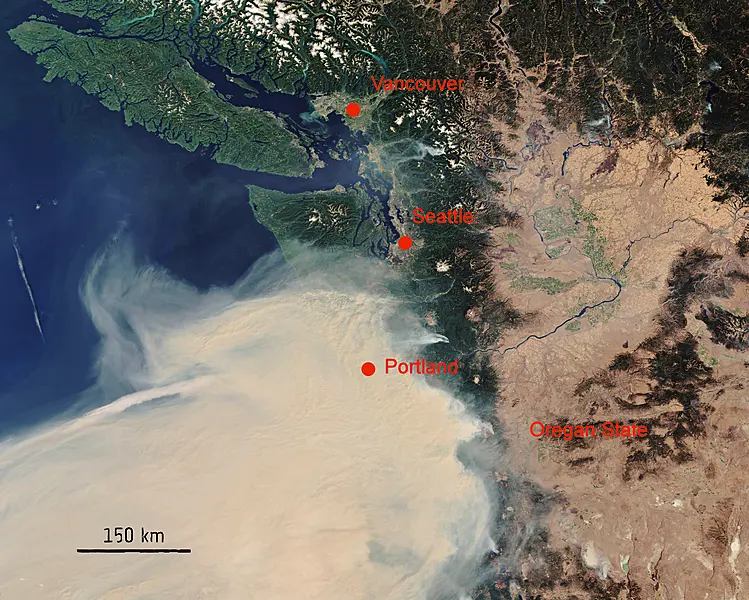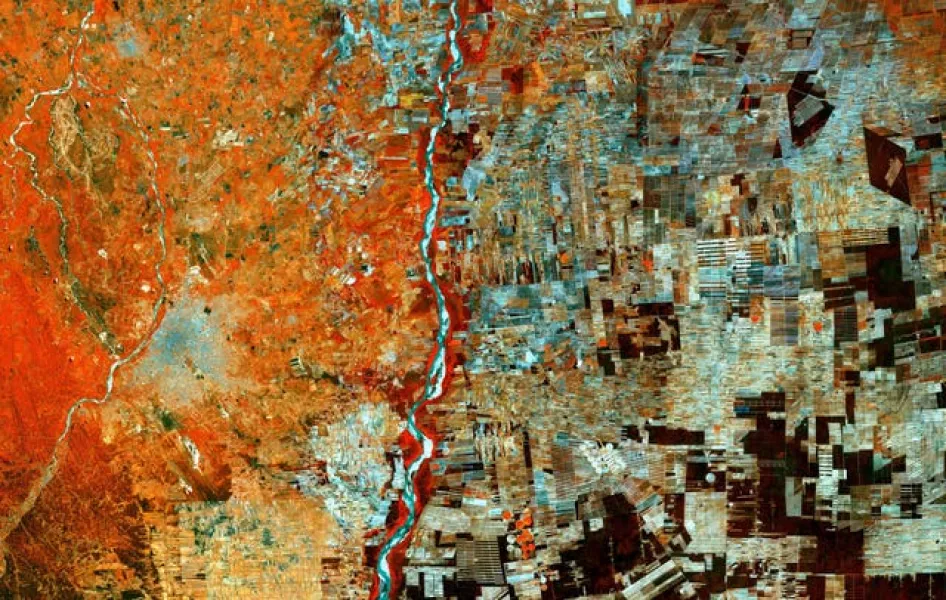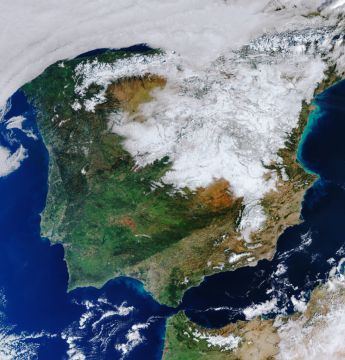Earth observation satellites provide the most comprehensive real-time check on the health of the planet, according to climate scientists.
The near-instantaneous data generated is being used to monitor and assess the pace of climate change and its impact across land and sea.
This includes measuring winds and waves, sea level change, surface temperatures, soil moisture and snow and ice cover.

Ahead of the Cop26 conference in Glasgow in November, academics at the University of Bristol have called for improved capacity in Earth observation technology and international cooperation between space agencies.
The data will help countries meet goals to lower greenhouse gas emissions and reduce global warming as agreed in The Paris Agreement in 2015.

Lead author Professor Jonathan Bamber, from the University of Bristol, said: “Earth observation satellites are our eyes on the planet.
“Without them we would be virtually blind to the magnitude and timing of climate change and to human interference with the fragile ecosystems that we all depend on.”
Co-lead author Professor Paul Bates added: “Free-to-use satellite data can transform the ability of countries around the world to manage the threat of climate change."
The UK' Science minister Amanda Solloway said: “From tracking rising sea levels to measuring the Earth’s temperature, satellites are at the very heart of global efforts to monitor and tackle climate change – and the UK is leading the way in using space to build a more sustainable future.
“As we approach Cop26, we will continue to collaborate and share space expertise with our international partners, back innovative satellite technologies and train our most talented climate scientists – all as part of our efforts to eliminate our contribution to climate change by 2050.”







